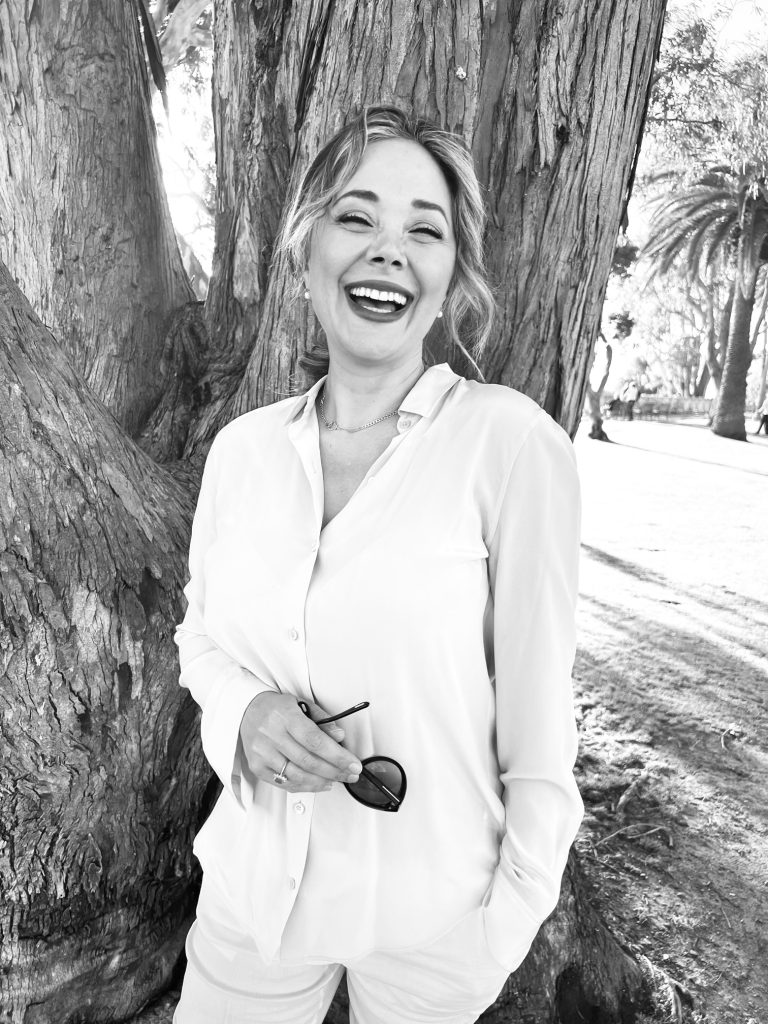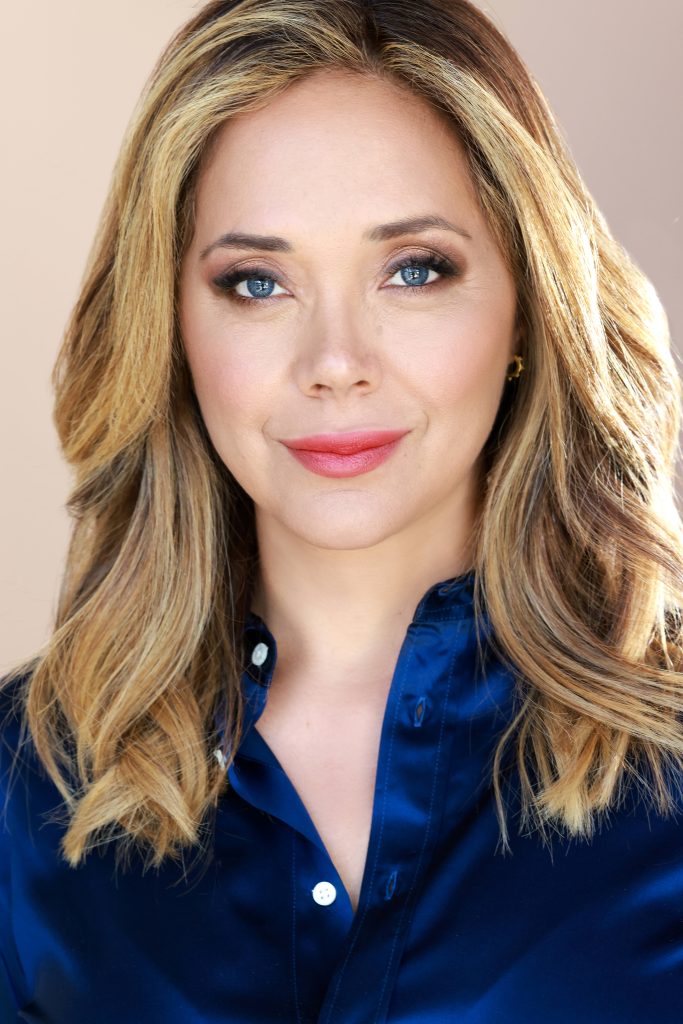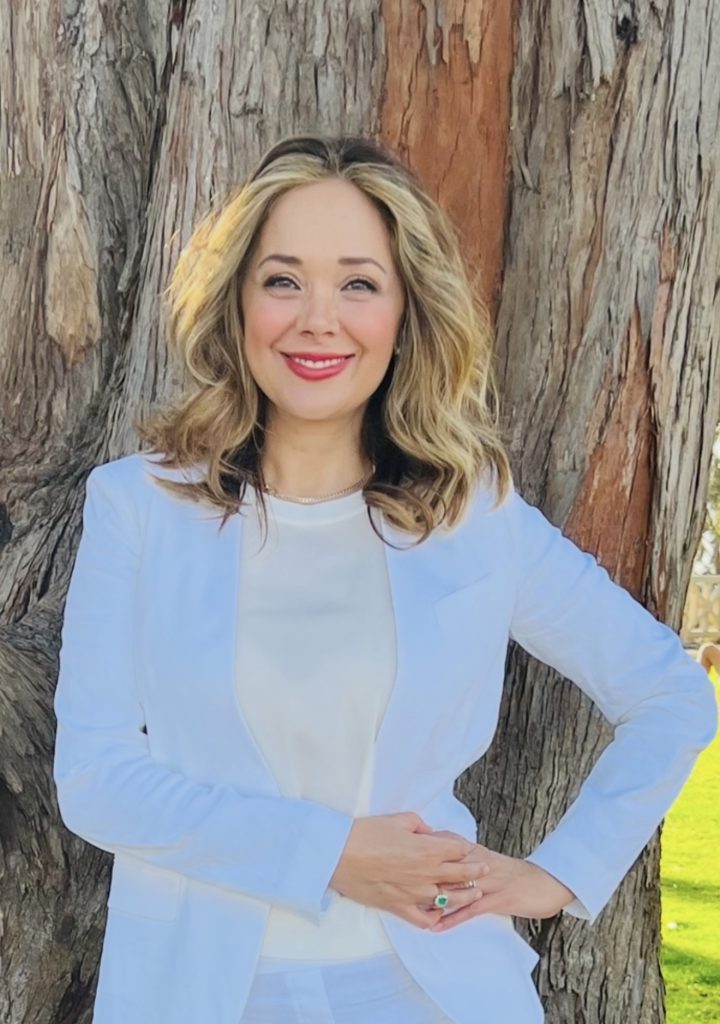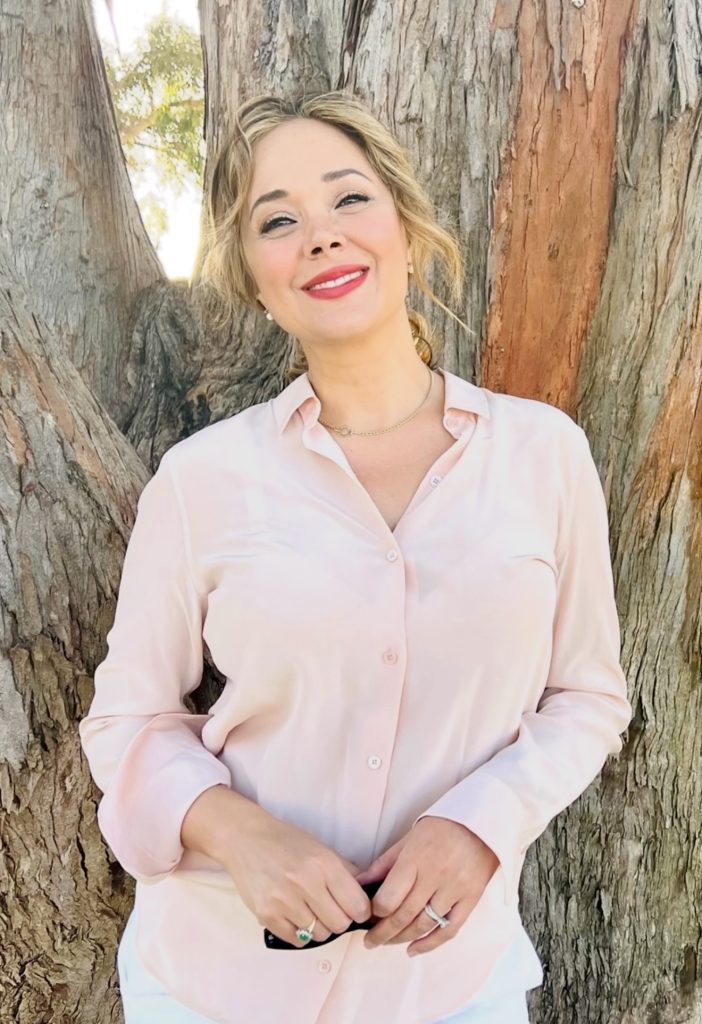
-Who is Serah Henesey?
Born and bred in Sydney, Australia to European/Middle Eastern parents, I danced from a young age. After joining a Youth Theater at age 16 as a stage actor, I finished my training in London, where I performed in
both period and contemporary plays. I am an award-winning actress, with an established career in Europe. I was a lead on a hugely successful sitcom in Turkey for four years. After accruing a huge
following and success on Turkish TV for several years, I moved to Los Angeles to pursue a more international career. Since then I have enjoyed roles on _Ray Donovan_, _Scandal_, _Entourage_, and other
series, while also performing in several plays, including most recently Darren Bousman’s (SAW II, III, IV & Spiral) _Theatre Macabre_. My latest venture, _The Surprise Visit, _is one I both star in and produced. This is my first time producing a film. _The Surprise Visit _story belongs to Nathan Cowles and myself, and is based on a true story that took place on the historical Virginia estate it was filmed on.

-Do you remember the exact moment you fell in love with cinema?
Yes I do. I was raised by a single mom who worked 3 jobs trying to do so. The only outings I had with my mom were a very special time for me & usually involved a movie theater & some popcorn. It was like being transported to a magical universe. And other times were when I was sick staying home from school & was allowed to watch old classics on TV. Because I loved dance they were usually a Fred Astaire, Gene
Kelly, Ginger Roberts, Rita Hayworth film. And that was also a fun time (so much so I’d forget I was home with a cold).

-Tell us about your project “The Surprise Visit”.
During the pandemic we drove from LA to Virginia where my- then boyfriend/now husband is from. We originally had another script we wanted to shoot on the historical estate his family live. It was a horror film that had kids in it. We quickly figured out it was going to be impossible to shoot a movie with kids during a pandemic without getting people sick & we couldn’t risk that. So we scrapped that idea & tried coming up with other ideas for a script, that we could feasibly shoot during the pandemic. My starting point was The Strangers – the film had 3 people in it (the rest are in masks- how perfect for a pandemic film!) on a single location. And my husband kept telling me about this story of how the groundskeeper’s drug addict son & daughter in law robbed the property when his family were away – and that is how we came up with the story of ’The Surprise Visit’ – it is based on a true story. We just changed the ending.
And we got to shoot it on the property where the events took place. I produced the film, I’m in it. I helped cast it. I hired pretty much everyone on set with the help of our director Nick Lyon. We wanted to keep the cast & crew small (this was before COVID vaccinations- it was a scary time) So we shot it in 2 weeks with a crew of 10 people. So we all wore a lot of hats. Vertical distributed it. We got a limited theatrical release & are now on Amazon Prime & almost all VOD platforms. We won a few awards at indie film festivals. We landed on Amazon Prime Video’s Top 10 the week it came out & went viral again
a year later & made the Top 10 again. The Surprise Visit is a solid indie thriller that just goes to show you, you can make a decent film with a smaller budget & it’s an endeavor i’m proud of.

-Which Director inspires you the most?
Oh my gosh I have a list. I can’t name one!!! Lars Von Trier is probably at the top. Alejandro Gonzalez Inarritu is up there with Guillermo Del Toro. David Fincher. Paul Thomas Anderson.
-What do you dislike about the world and what would you change?
Greed. I think greed is the root of most evil. I’d like to Imagine a World that John Lennon Imagine’d. I’d like to Imagine a World where all children are safe from wars, illnesses, guns, trafficking, starvation & all the suffering that is going on in the world right now.

-How do you imagine cinema in 100 years?
I’d still like to imagine cinema as it was intended to be seen- in a movie theater. It is a collective experience. It is a collective experience making a film. And watching it. I’m sure a more futuristic/high tech experience will be explored but I do hope movie theaters are here to stay.
-What is your impression of WILD FILMMAKER?
Fantastic, I love reading your articles & learning about talented people in our industry. There are just so many talented artists everywhere in the world & I have so much respect for anyone who is out there, trying to ‘create’. I’m so inspired by creativity. And we just won the ‘Best International Thriller’ Award at the Brooklyn Pizza Film Festival. So that’s awesome. Thank you so much.

















